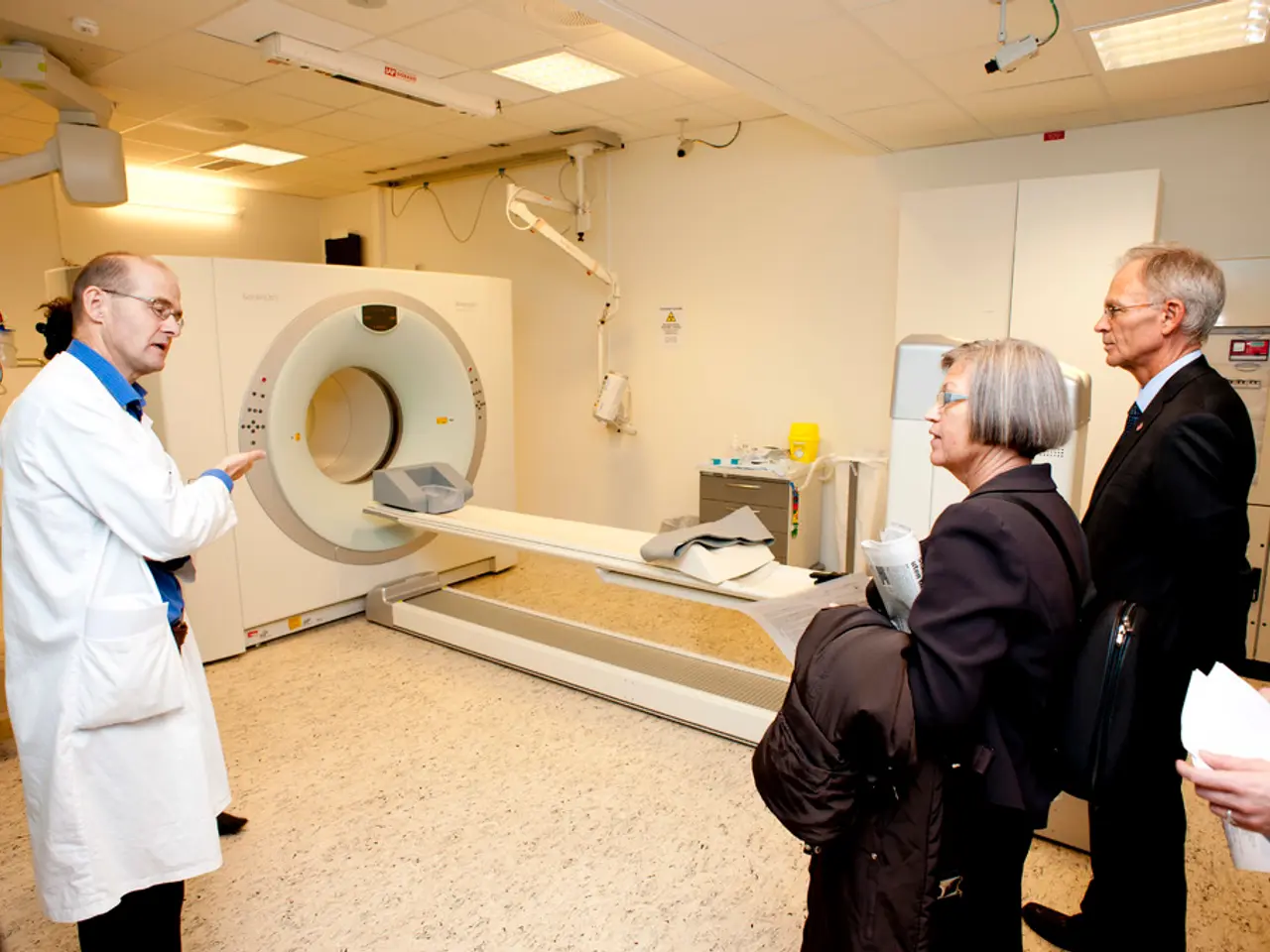International Patients' Journey Through Wellness: A Handbook
In the realm of international healthcare, success begins with thorough preparation and effective communication. Here are some key steps for international patients to ensure a successful initial consultation in a foreign healthcare system:
- Prepare and gather documentation in advance: Collect all necessary medical records, test results, and referral letters. Prepare a concise medical history and list of current medications to share with the healthcare provider.
- Utilize language support and interpreters: If not fluent in the local language, request professional medical interpreters or language assistance services offered by the healthcare facility to ensure clear communication.
- Understand the healthcare system and logistical arrangements: Research the hospital’s international patient services, including appointment scheduling, transportation, accommodation, visa assistance, and cultural considerations. Confirm all logistics such as airport pickup, nearby lodging, and local SIM cards as offered by many hospitals.
- Establish rapport with the healthcare provider: During the consultation, encourage the provider to maintain eye contact, actively listen, and show empathy to build trust, even if the professional is busy or stressed.
- Ask questions and clarify doubts: Understand the diagnosis, treatment options, and next steps. Do not hesitate to ask for explanations, repeat instructions if needed, and request written summaries or educational materials tailored to the patient’s language and literacy level.
- Involve family or support persons: When possible, have a trusted family member or friend present to help communicate and remember information, or participate in discharge planning and follow-up care.
- Leverage digital tools: Some healthcare providers offer online consultation tools or portals that can assist with appointment management and pre-consultation information sharing, which may help reduce misunderstandings.
Healthcare providers also facilitate this process by offering international patient services that provide multilingual support, dedicated coordination teams, and infrastructure designed for comfort and privacy, which ease the patient’s experience and promote positive outcomes.
Navigating the foreign healthcare system can be an intricate mosaic of shared stories, lessons learned, and triumphs celebrated. Technology plays a crucial role in bridging communication gaps for international patients, with telehealth services enabling remote consultations.
Language barriers, cultural differences, and managing medical records between countries are challenges faced by international patients. Embracing cultural exchange can enrich the healthcare experience, and healthcare providers increasingly acknowledge the value of cultural sensitivity.
Every step taken by international patients in the healthcare journey can lead to personal growth and genuine connections. Virtual healthcare platforms allow patients to consult with their physicians before traveling, saving time and alleviating anxiety.
Patients are encouraged to voice their preferences regarding treatment styles, dietary considerations, and lifestyle adjustments to foster trust and collaboration. Access to online communities filled with fellow patients can foster resilience and create an uplifting atmosphere for international patients during recovery.
Building connections with others can cultivate a rich network of resources and information sharing for international patients. More healthcare facilities offer ongoing support systems, such as follow-up consultations and patient education resources, for international patients after treatment.
The healthcare journey for international patients involves specific healthcare needs, such as complex surgical procedures, specialized treatments, or unique considerations. Establishing relationships with healthcare providers, fellow patients, and support groups can enhance the overall experience for international patients.
Many healthcare facilities offer comprehensive support systems, including multilingual staff and dedicated patient liaisons. For those interested in learning more about the topic, extra information and supplementary material are available. Relevant website links are provided for further reading on the topic.
- To complement their healthcare needs, international patients might consider exploring specialized services in the realm of fashion, beauty, and lifestyle, where professionals use photography and media to offer a holistic approach.
- In addition to understanding medical-conditions and health-and-wellness, international patients may delight in exploring cultural activities and events that reflect their host country's heritage, enriching their experience.
- International patients could benefit from well-structured support systems that incorporate check-ups and educational events focused on health-and-wellness, lifestyle adjustments, and managing medical-conditions in their home countries.
- During their recovery process, international patients can lean on virtual support groups, which offer a blend of medical advice, emotional support, and connection with peers, addressing the intricacies of living with specific medical-conditions or undergoing complex treatments back home.




